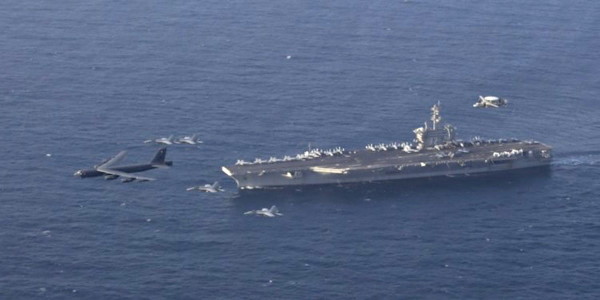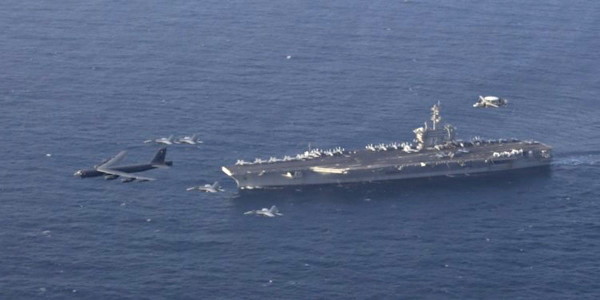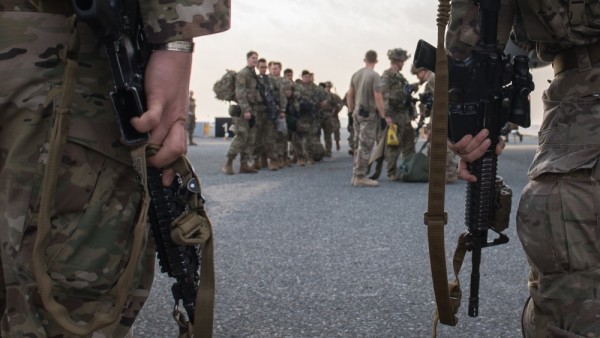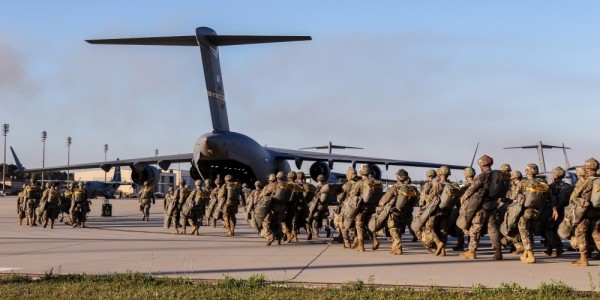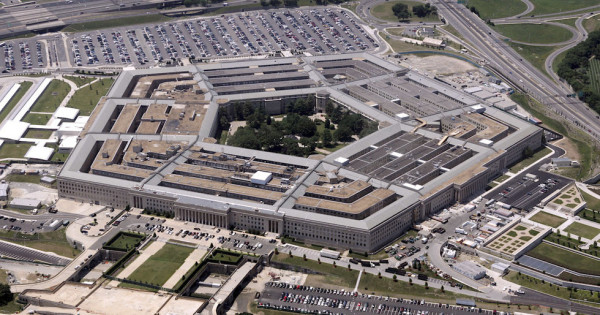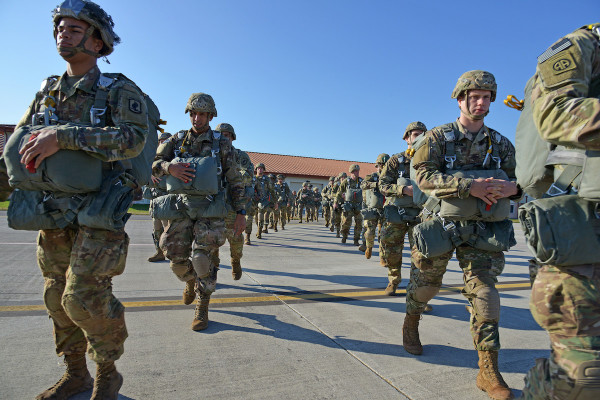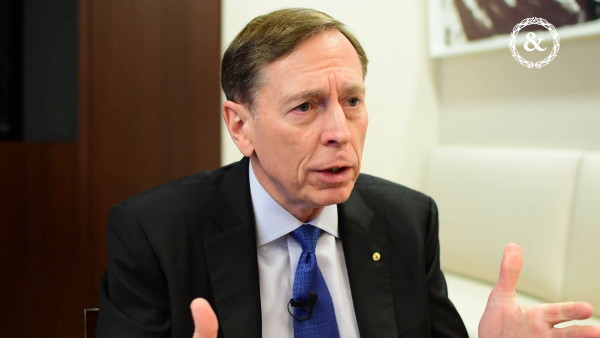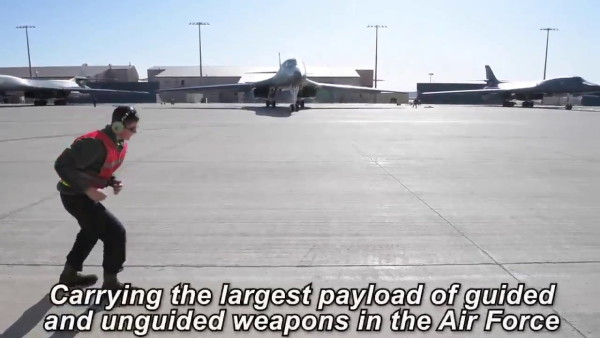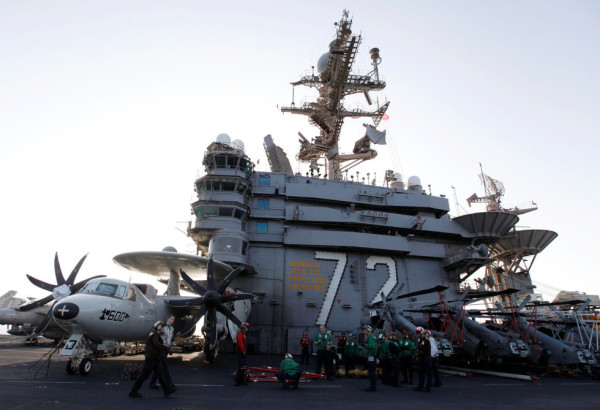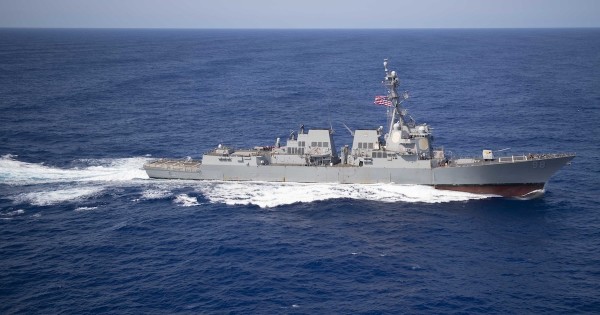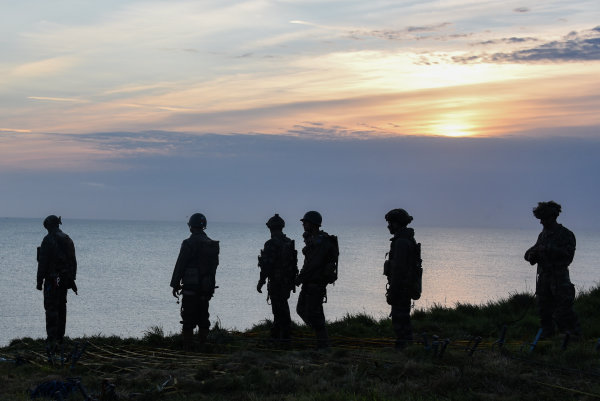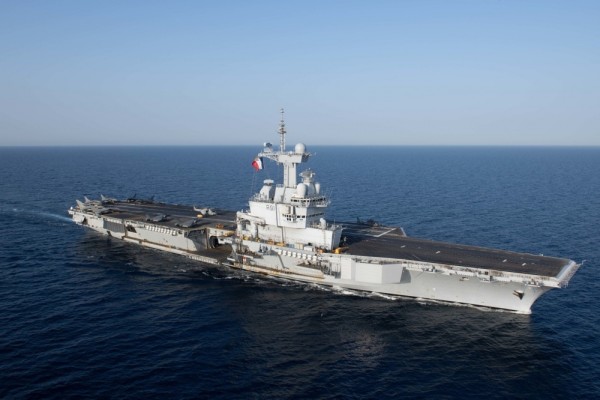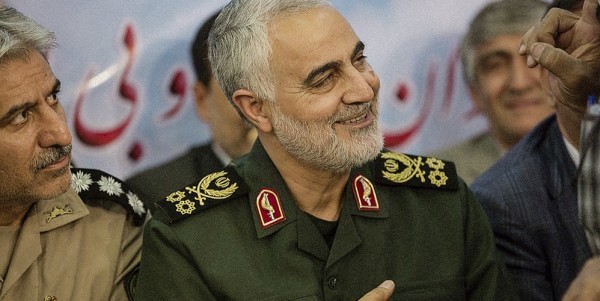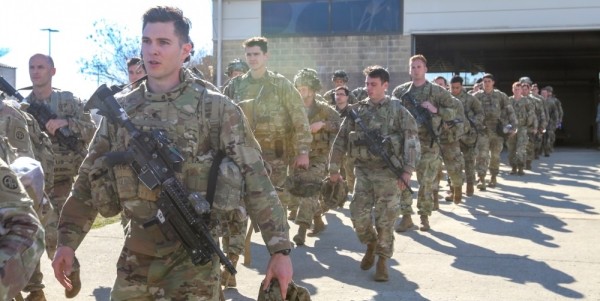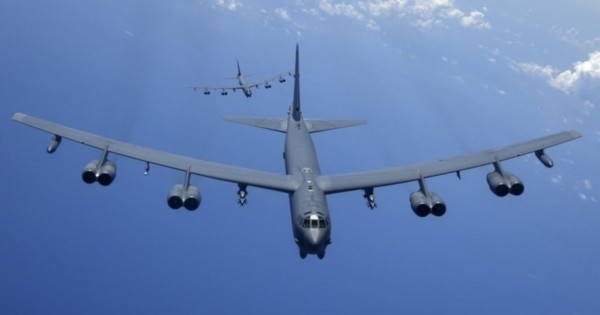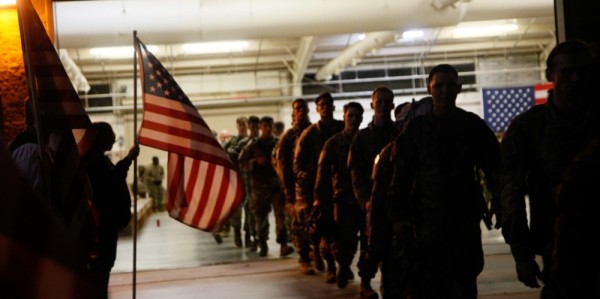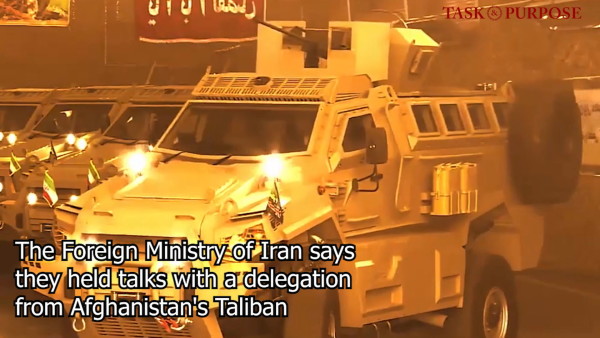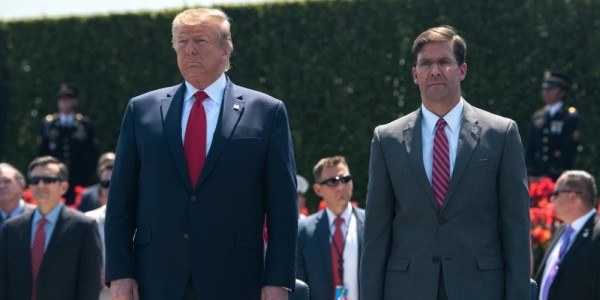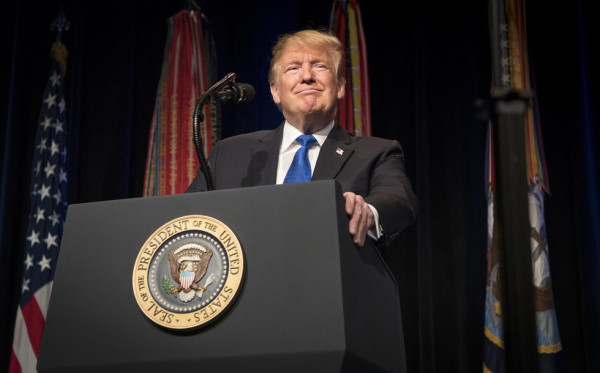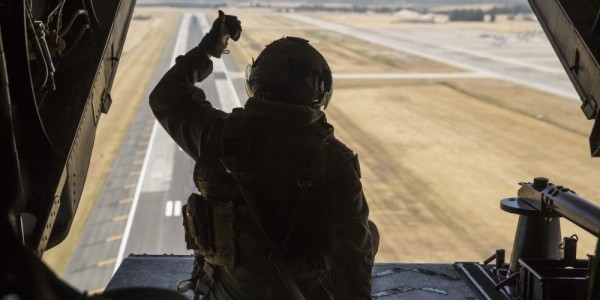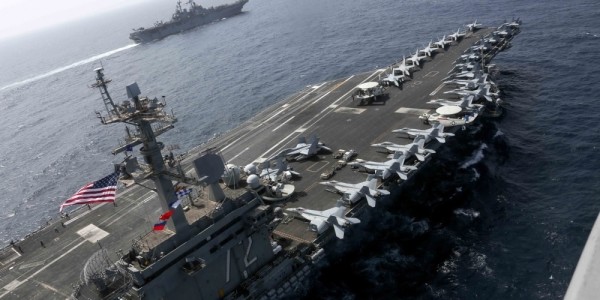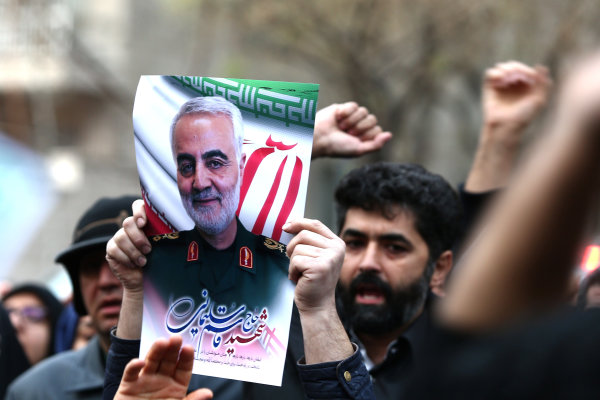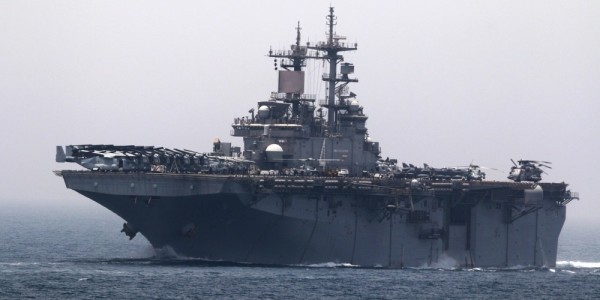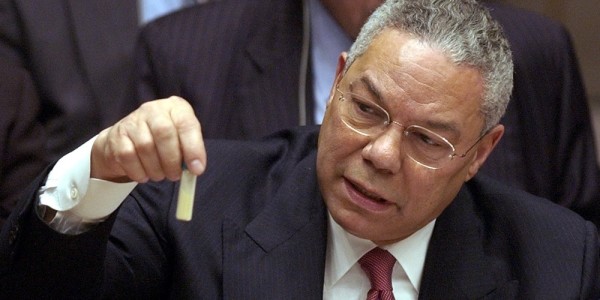The United States could send up to 14,000 more troops to the Middle East in a surge that would double the number of service members dispatched to the region since May as part of a showdown with Iran, the Wall Street Journal reported on Wednesday.
Reporters Gordon Lubold and Nancy Youssef first brought to light that President Donald Trump could decide later this month whether to send more troops and ships to deter Iran. The president could ultimately approve a smaller deployment to the region.
U.S. military officials in the Pentagon and elsewhere professed ignorance of the proposed buildup.
Earlier on Wednesday, Undersecretary of Defense for Policy John Rood said the U.S. military was concerned about a potential Iranian attack against the United States and its Middle Eastern allies, but he did not indicate such a massive response was in the works.
Rood noted that the Iranians have allegedly launched attacks this year on Saudi oil facilities, foreign oil tankers, and they have shot down U.S. drones.
“All of those things are in the recent past, but we also continue to see indications – and for obvious reasons, I won’t go into the details – of the potential that Iranian aggression could occur,” Rood said.
He did not elaborate on what kind of indications were suggesting another Iranian attack.
Over the last six months, the United States has dispatched 14,000 troops to the Middle East, including the aircraft carrier USS Abraham Lincoln and its strike group, Rood told reporters at a Defense Writers Group breakfast. The carrier USS Harry S. Truman is now enroute to the area.
“Besides the carrier battle group; cruisers destroyers, bombers, fighter aircraft squadrons, deployment of additional early warning capabilities, maritime patrol aircraft, hardening units, air and missile defense units – a pretty considerable number of U.S. forces have been deployed,” Rood said.
Rood used the word “dynamic” to describe future U.S. military deployments to the Middle East, but he did not explain what exactly that meant. Former Defense Secretary James Mattis used the same term when calling for carrier deployments to be less predictable.
“We have not made a decision that this is some plateau or a fixed point in which U.S. forces will stay,” Rood said on Wednesday. “In private – you should know – we have sent very clear and blunt signals to the Iranian government about the potential consequences of aggression because all of this is intended to produce stability and deter potential attacks.”

